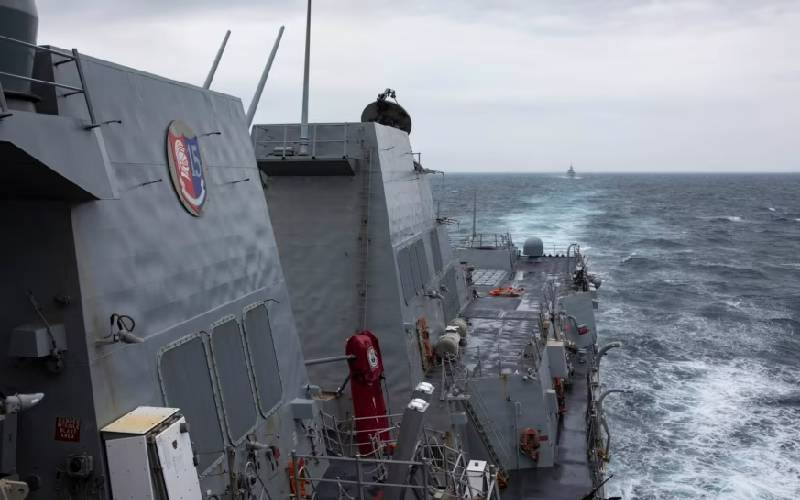×
The Standard e-Paper
Stay Informed, Even Offline

The United States is casting doubt on China's willingness to launch a blockade of Taiwan as part of any effort by Beijing to take the island by force.
China's military has staged multiple drills, most recently this past April, which state media described as efforts to simulate a possible blockade. But a top Pentagon official said Thursday that any attempt by China to carry out a blockade in real life could backfire badly.